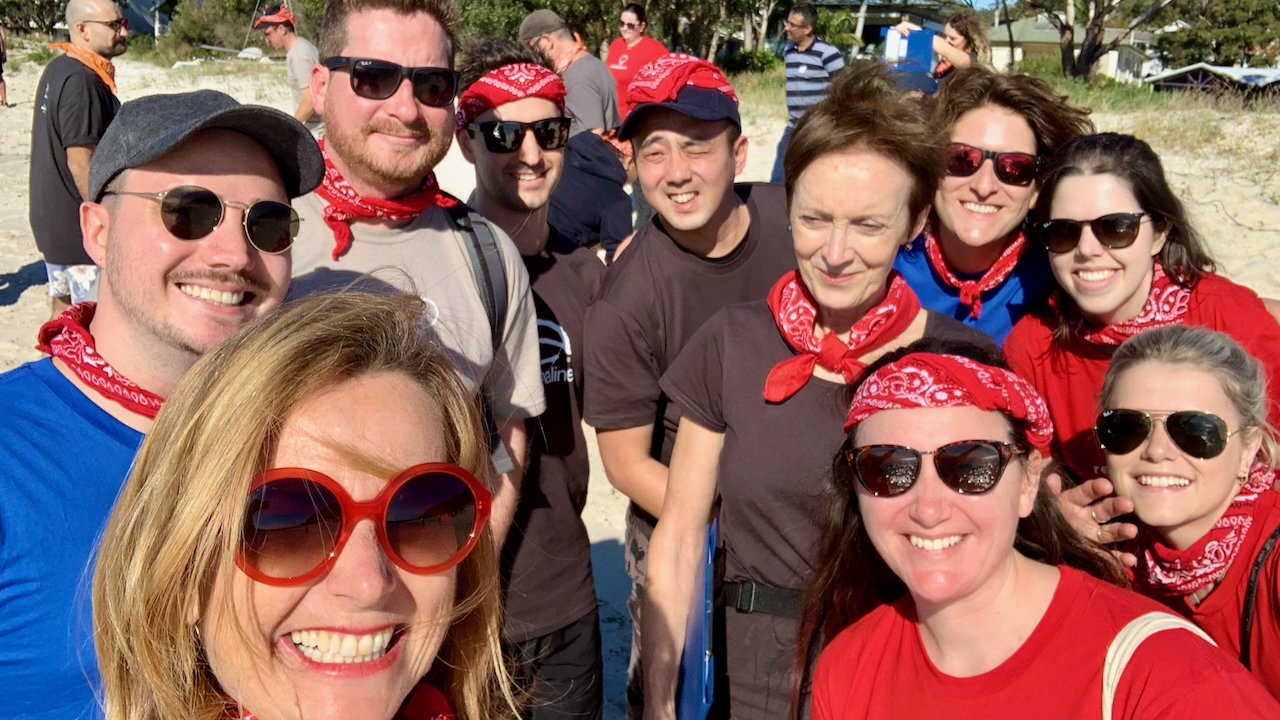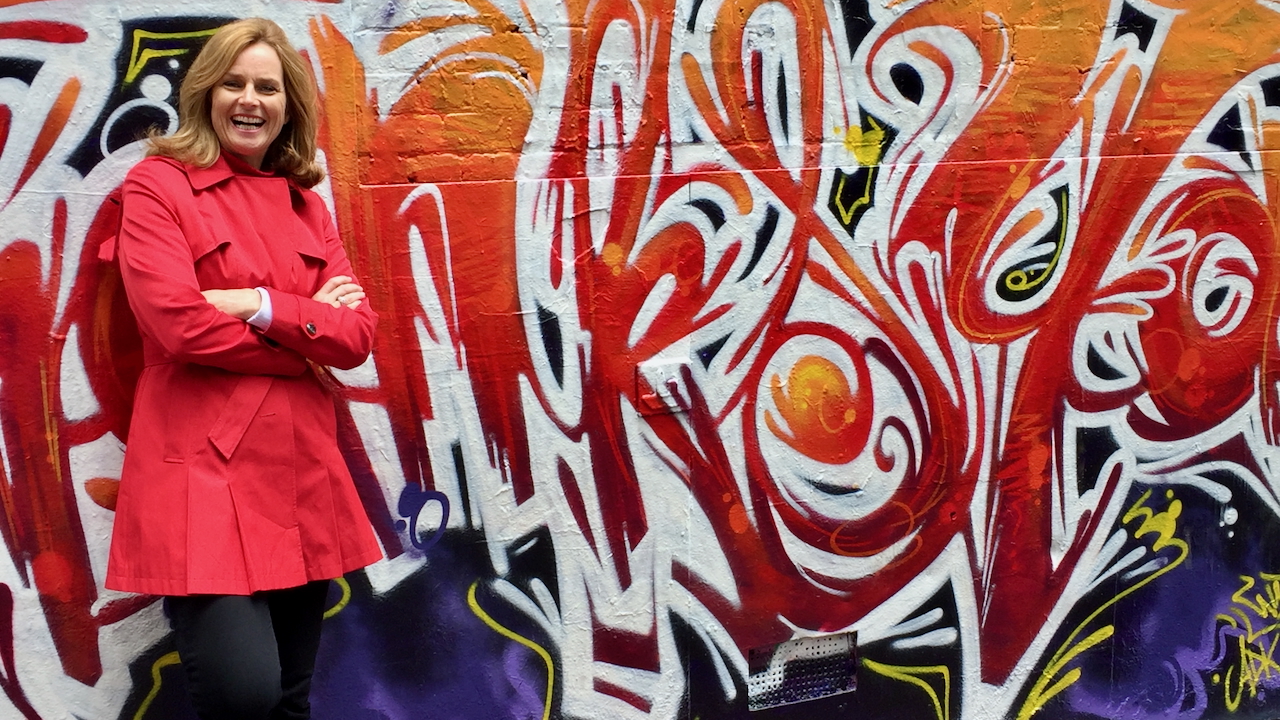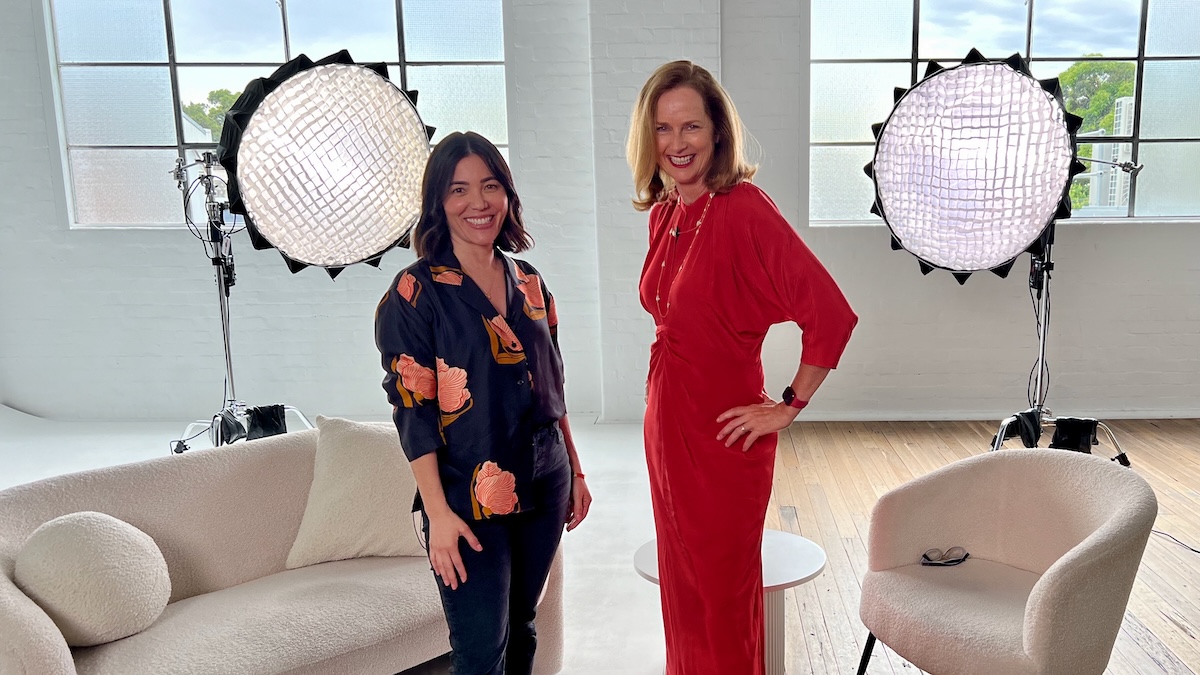A Leader's Guide to Mental Health Month
Let's start with a candid conversation about the invisible uniform we wear as entrepreneurs. It’s a suit of armour, meticulously crafted from words like "resilience," "grit," "hustle," and "strength." We put it on every morning, projecting an image of unwavering confidence and control. We are the visionaries, the motivators, the ones who must remain steady in the storm, carrying the weight of our team's salaries, our investors' expectations, and our customers' trust.
We believe, and are often told, that this armour is the price of admission to the world of business leadership.
But what is the cost of wearing this armour, day in and day out, without ever taking it off?
Behind that carefully polished exterior, a silent epidemic is raging through the Australian business community. It is an epidemic of anxiety, of depression, of chronic stress, and of profound, crushing loneliness. The very same traits that make us brilliant entrepreneurs—our obsessive passion, our high tolerance for risk, our ability to carry immense responsibility—also make us uniquely and acutely vulnerable to mental health challenges.
I have seen it in the exhausted eyes of founders who have walked into the Shark Tank, running on nothing but caffeine and adrenaline, their personal wellbeing completely mortgaged against their business's future. I have felt it in my own journey, during the darkest, most uncertain days of building RedBalloon, when the weight of it all felt almost too heavy to bear.
And I have learned, with absolute and unshakeable conviction, that your mental health is not a personal issue to be dealt with in your "spare time." Your mental fitness is the foundational asset upon which all of your sustainable success—and that of your business—is built. A burnt-out founder cannot lead an inspired team. An anxious founder cannot make clear, strategic decisions. A depressed founder cannot hold a vision for the future.
.jpeg)
This is why Mental Health Month, held here in Australia every October, is so much more than just another awareness campaign. It is a critical, national call to action. It is a permission slip for us, as leaders, to stop, to take a breath, and to have a brutally honest conversation—first with ourselves, and then with our teams. It is a strategic imperative to reassess our most important balance sheet: our own wellbeing.
So today, I want to go beyond the platitudes. This is my definitive, from-the-trenches guide for founders and leaders. We will explore why we are so vulnerable, our profound responsibility to our teams, and a practical, strategic toolkit for building a culture and a life where both our business and our wellbeing can thrive.
The Founder's Paradox - Why Our Strengths Are Also Our Vulnerabilities
To address a problem, we must first understand it. Why is it that entrepreneurs, the very people who seem so resilient and driven, are so susceptible to mental health challenges? It is because our greatest strengths, when pushed to their extreme, become our greatest vulnerabilities.
- Passion becomes Obsession: Your deep love for your mission is your superpower. But when it becomes an all-consuming obsession, there is no room left for anything else—for family, for friends, for rest. Your identity becomes completely fused with your business, so a business setback feels like a personal, existential failure.
- Resilience becomes an Inability to Admit Defeat: The grit to get back up after being knocked down is essential. But when it morphs into a refusal to ever show weakness or ask for help, it becomes a recipe for silent suffering. We feel we must be the unshakeable rock for everyone else, and we forget that even rocks can crack under pressure.
- Vision becomes Isolation: As the founder, you are living in the future. You can see the destination with a clarity that no one else can. This is inspiring, but it can also be profoundly isolating. You are on a journey that no one else in your company, not even your co-founder, experiences in exactly the same way. This can lead to a deep sense of being fundamentally alone.
When you combine these inherent traits with the very real, relentless pressures of running a business—the responsibility for payroll, the fear of failure, the "always-on" digital culture—you have a perfect storm for mental health decline. Acknowledging this vulnerability is not a sign of weakness; it is the first, most intelligent step toward building a sustainable career.
From Awareness to Action - The Leader's Responsibility in a Post-'R U OK?' World
.jpeg)
Mental Health Month provides a powerful public platform, but the real work happens inside our own organisations. Campaigns like the wonderful R U OK? Day have done an incredible job of starting the conversation. But as leaders, our responsibility is to ensure that "Are you okay?" is not just a question we ask on one designated day in September, but a question that is safe for our team members to answer honestly, every single day of the year.
This is the essence of building a psychologically safe workplace.
Psychological safety is not about being "nice" or avoiding conflict. It is about creating a culture where people feel safe enough to be vulnerable—to take a risk, to admit a mistake, to disagree respectfully, and, most importantly, to put their hand up and say, "I'm not okay."
How do you, as a leader, build this?
- You Must Go First (Vulnerability as Leadership): Your team will never be more vulnerable than you are. You set the tone. By sharing your own struggles in an appropriate way, you give your team permission to be human. You don't need to share every detail of your therapy session, but you can say things like, "I'm feeling the pressure of this deadline too, team. Let's make sure we're all looking after ourselves." Or, "I made a mistake on that one, and here's what I learned." This models a culture where perfection is not expected.
- Train Your Managers in Mental Health First Aid: Your middle managers are on the front line of your team's wellbeing. Are they equipped to spot the early signs of distress? Do they know how to have a supportive, non-judgmental conversation? Do they know where to refer people for professional help? Investing in mental health first aid training for your leaders is a critical piece of infrastructure.
- Integrate Wellbeing into Your Operating Rhythm: Make wellbeing a regular topic of conversation, not just a once-a-year event. Start your team meetings with a genuine human check-in. "What's one win you had outside of work this week?" Protect your team's time after hours. Celebrate and encourage people who take their annual leave. Wellbeing must be woven into the daily fabric of your culture, not just a poster on the wall.
My Personal Toolkit for Mental Fitness - A Strategic Approach
.jpeg)
As a leader, you cannot pour from an empty cup. You must be as disciplined about managing your own mental and emotional energy as you are about managing your company's P&L. Over the years, I have developed a practical, non-negotiable toolkit for my own mental fitness.
- The Mindset Work (The Inner Monologue): The person you talk to most each day is yourself. Is that conversation kind and constructive, or is it critical and cruel? I am a passionate advocate for practices that help you manage this inner world, from journaling to my practice of choosing an annual theme to guide my focus.
- The Physical Foundation (The Non-Negotiables): Your mind and your body are not separate entities. Your mental health is profoundly impacted by your physical health. For me, the non-negotiables are:
- Sleep: I am ruthless about protecting my sleep. It is the most powerful performance-enhancing, stress-reducing tool there is.
- Movement: A daily walk, a workout—it is not an optional extra. It is my daily dose of endorphins and my most effective way to clear my head.
- Nutrition: Fuelling my body with good, whole foods is a non-negotiable act of self-respect.
- The Power of Disconnection (Strategic Recovery): I built RedBalloon on the very idea that experiences are the key to a rich life. As a founder, experiences are also the key to a sane life. You must schedule time to completely disconnect. A weekend away, a dinner with friends where work-talk is banned, a hot air balloon ride at dawn. These are not indulgences; they are strategic recovery sessions that allow your brain to rest, recharge, and generate its best ideas.
- Building Your Support Network (The Personal Board): The founder's journey is too hard to do alone. You must build a "personal board of directors"—a trusted circle of mentors, peers, and advisors. These are the people who will celebrate your wins, challenge your thinking, and, most importantly, be there to listen when the armour comes off. My involvement with organisations like the Cerebral Palsy Alliance and Chief Executive Women has not just been about giving back; it has been a crucial part of my own support network.
The New Frontier - Technology as a Powerful First Step
Even with the best intentions, the traditional barriers to seeking mental health support—stigma, cost, and time—are still very real for many founders. This is where a powerful new ally is emerging: Artificial Intelligence.
The idea of "AI therapy" can sound cold, but I believe it is creating a revolutionary new "front door" to mental health support. As I explored in detail in my recent article, "The New Front Door to Mental Health: Why AI is the Most Important Co-Founder You Don't Have Yet," these tools are powerful because they are accessible, affordable, and completely private.
Platforms like Wysa and Woebot offer a safe, non-judgmental space to begin the work of building self-awareness and learning evidence-based coping skills from Cognitive Behavioural Therapy. They are not a replacement for deep human therapy, but they are a powerful and accessible first step for the millions who have previously suffered in silence. They are the daily trainer for your mental fitness.
Your Australian Mental Health Support Network - Where to Turn
This is not a journey you have to take alone. Australia has a world-class ecosystem of organisations dedicated to providing support. If you or someone on your team is struggling, these are the places to turn.
The Ultimate Leadership Challenge
Mental Health Month is a reminder. It is a call to action for us, as leaders, to stop paying lip service to wellbeing and to start taking real, meaningful action.
It starts with us. It starts with having the courage to take off our own armour, to tend to our own mental fitness with the same seriousness we apply to our financial statements. It is about modelling a new kind of leadership—one that is not just about strength, but about humanity.
Your mental wellbeing is not a private struggle. It is the unseen balance sheet of your company. And when you invest in it, you create a ripple effect of health, resilience, and sustainable success that will touch every single person in your organisation.
What is one commitment you will make this October, for yourself or for your team, to move from awareness to action on mental health?
Frequently Asked Questions (FAQs) on Mental Health Month
What is the purpose of Mental Health Month?
Mental Health Month is a dedicated time each year to raise awareness about the importance of mental well-being and to reduce the stigma associated with seeking help. It serves as a powerful reminder for individuals and organizations to check in, start conversations, and share resources that support mental health.
Why is it so important for leaders to talk about mental health in the workplace?
When leaders openly discuss mental health, it creates a culture of psychological safety. It signals to employees that it's okay to not be okay and that seeking support is a sign of strength, not weakness. This transparency helps to normalize the conversation, reduce stigma, and ultimately fosters a more supportive and productive work environment.
What is the leader's role in supporting their team's mental well-being?
A leader's role is not to be a therapist, but to be a compassionate and observant human. This involves actively listening, checking in regularly with team members, modeling healthy work-life boundaries, and ensuring everyone is aware of and has access to the professional mental health resources provided by the company.
How can employees protect their own mental health at work?
Employees can protect their mental health by setting clear boundaries between work and personal life, taking regular short breaks throughout the day to decompress, and staying connected with supportive colleagues. It's also crucial to recognize the early signs of burnout and to feel empowered to speak up and ask for help when needed.
What are some practical ways to support a colleague who may be struggling?
Supporting a colleague can be as simple as asking, "Are you okay?" and then genuinely listening without judgment. You can offer to help with their workload if they're overwhelmed, encourage them to take a break, or gently remind them of the professional support services available through your workplace.


.jpeg)


